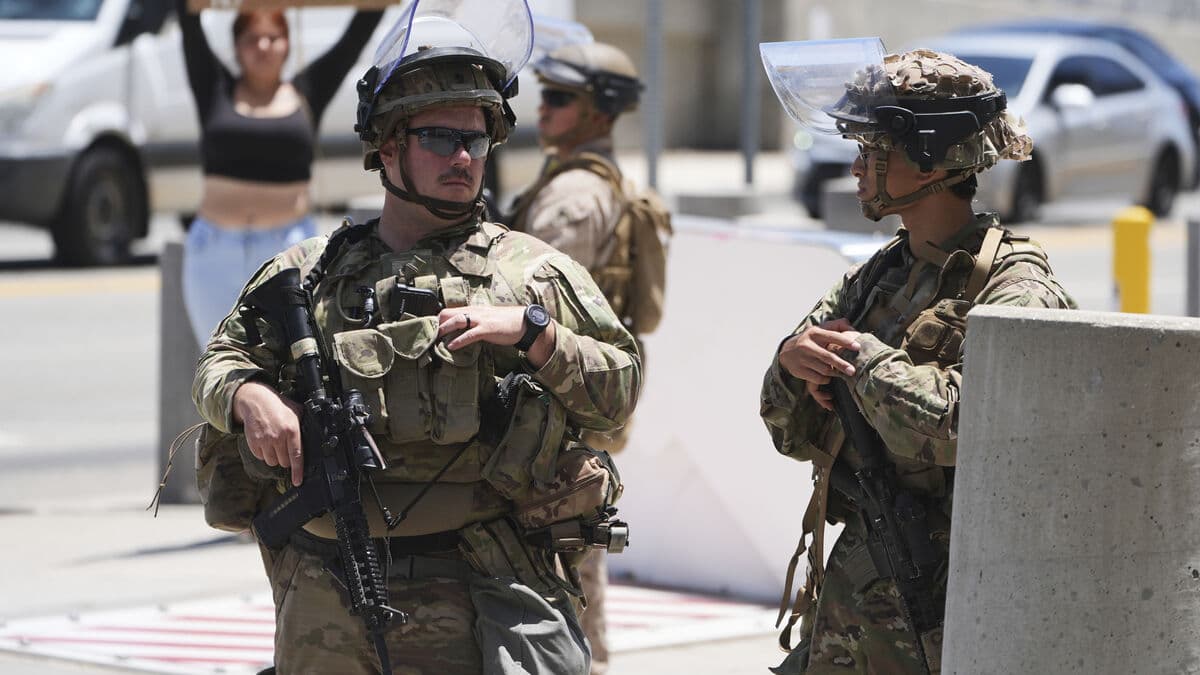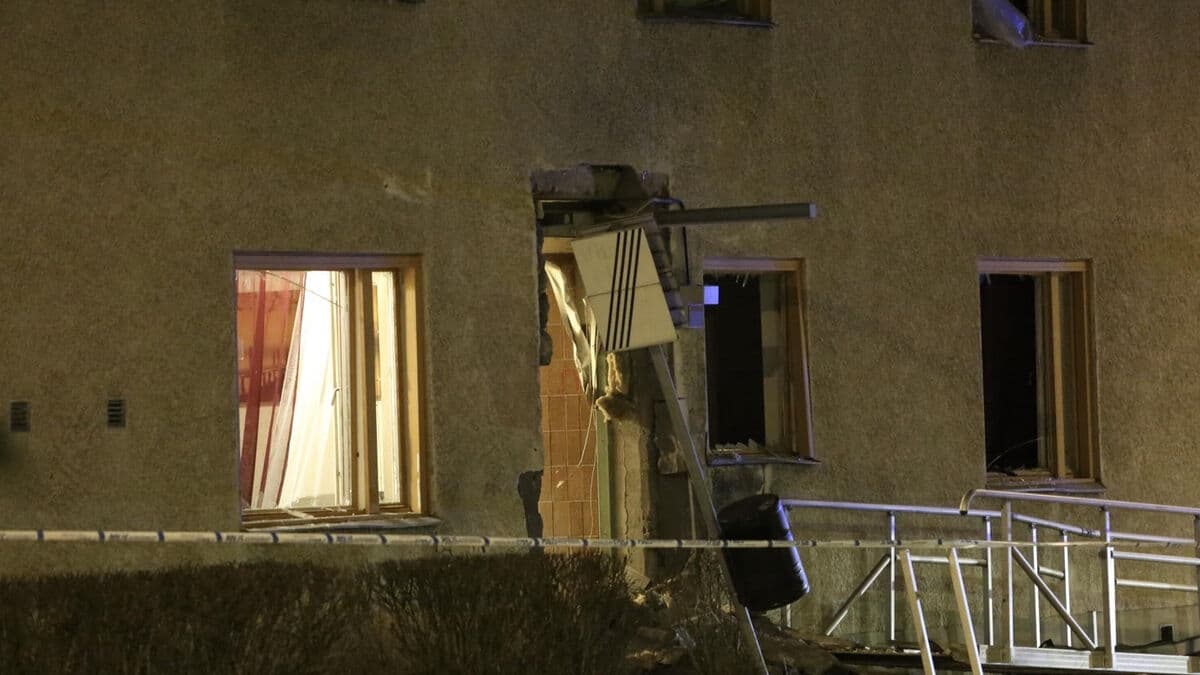Court decisions on the US West Coast are coming in thick and fast: First, the Trump administration's decision to deploy state militia in the city of Portland in Oregon was stopped by a court. And late on Sunday, the White House's attempt to circumvent the ruling by sending military from the neighboring state of California was also stopped: No national guard soldiers may be deployed in Oregon, according to the temporary court decision.
This happened after both California Governor Gavin Newsom and Oregon Governor Tina Kotek threatened with lawsuits and after a hundred soldiers had arrived in Portland.
There is no need for military intervention in Oregon. There is no uprising in Portland, there is no threat to national security, said Kotek over the weekend according to AP.
Increased security?
The US government has during the year sent state-based national guard to several democratically controlled cities, allegedly to increase security. This despite the fact that official statistics in several places show that violent crimes are on the decline. The actions have been described as "abuse of power" and have sparked strong emotions and protests in, among other places, Los Angeles and Washington DC.
The President, on the other hand, has described Portland in Oregon as "war-torn" and Chicago in Illinois as a crime-ridden "hell".
Late on Sunday, Trump also decided to federalize about 400 soldiers from the Texas National Guard and send them mainly to Chicago, according to AP. They will also be ready to go to Oregon and other places, according to Defense Minister Pete Hegseth.
Governors lead
The National Guard is a very old reserve force within the US defense with roots dating back to 1636. Today, it consists of over 430,000 civilian soldiers in both the army and air force who have both state and federal commitments.
Each state has its own national guard with the governor as commander-in-chief. It is not uncommon for soldiers to be deployed in natural disasters, terrorist attacks, protests, or pandemics. But the National Guard can also be federalized by the President of the United States under certain circumstances, which Donald Trump is now taking advantage of. This usually happens very rarely without the consent of a concerned state's governor.






